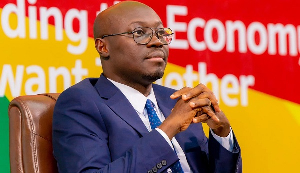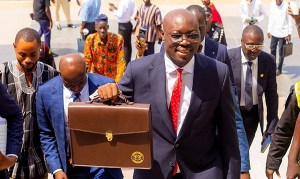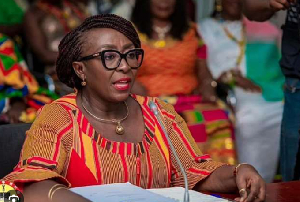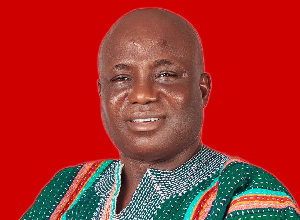Dr Enyonam C. Kudonoo, the President of Ghana Home Economics Association (GHEA), has called on the Ghana Education Service and the Ministry of Education to make Home Economics a basic requirement for first and second cycle institutions.
She said the Home Economics course had been denigrated in educational intuitions due to the inability of the GHEA to project the importance of the course and its contribution to healthy living and sustainable national development.
“It is my desire that as we educate Ghanaians on the importance of applying the principles of Home Economics, there will be a paradigm shift to enhance the creation of healthy and sustainable communities within the country,” she said.
Dr Kudonoo made the call at a durbar to commemorate the 2017 World Home Economics Day held at Winneba in the Central Region.
The celebration, under the theme: “Home Economics Literacy for a Healthy and Sustainable Lifestyle of the Ghanaian Family,” was to create awareness on the subject and work in support of the Sustainable Development Goal Three of the Millennium Development Goals.
Prof. George Kankam, the Dean of the Faculty of Education Studies, University of Education, Winneba, said Home Economics connected elements such as culture, systems and behaviours to enhance quality life.
He said to enjoy healthy lifestyles required knowledge and skills in addition to an environment that made healthy choices possible adding; “these are the literacy skills offered by Home Economics.”
“When we have a healthy generation it would contribute to a more productive population and better quality of life,” he said.
Prof. Kankam said it was important that educational institutions worked towards the development of a whole approach of empowering healthy and sustainable lifestyles.
Madam Jane Kwawu, an International Consultant on Gender, who chaired the function, called on people to change their attitudes to bring about the absolute change for poverty alleviation, equitability and good health among other things.
General News of Monday, 17 April 2017
Source: GNA













